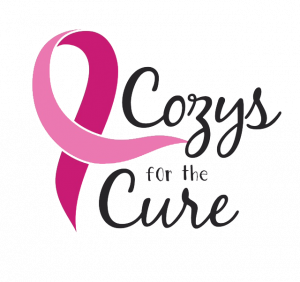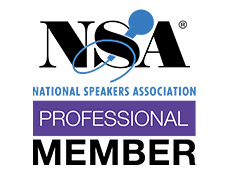I have written more than 300 stories for this column, but I’d have many more to share if it weren’t for one tiny phrase that keeps repeating itself in a variety of forms.
“I don’t want to toot my own horn.”
“I hate to brag.”
“If I get my rewards on Earth, I won’t get them in Heaven.”
“I was taught to give in private.”
Now I love the humble heart behind this sentiment, but I learned something recently that has changed the way I think about those responses.
I got to talk with Brooke Jones, the Vice President of one of the world’s largest kindness organizations, the Random Acts of Kindness Foundation, for my podcast.
We were talking about the four feel-good chemicals that are released into the body when we do an act of kindness for a stranger.
Endorphins relieve pain. Serotonin is the body’s natural anti-depressant. Dopamine makes us feel happy and rewarded. Oxytocin, the cuddle hormone, reduces our blood pressure.
That all made sense to me, because I had heard it before. But then she said something remarkable. It’s not just the giver or the receiver who gets the chemical benefits of kindness.
She said kindness works as a trifecta. The giver, the receiver and the witness all benefit from the release of those hormones.
That means when you’re at the grocery store and you pay for the person in front of you who doesn’t have quite enough money, you benefit (as the giver), the shopper benefits (as the receiver) and the clerk, bagger and anyone else waiting in line all benefit as the witnesses.
One act of kindness can start a tidal wave of good feelings.
Knowing that you can have these major health benefits by seeing goodness in the world is exciting, and we don’t have to wait stumble upon kindness.
Review the good things you see each day before you shut your eyes for the night.
Fill your social media feeds with positivity by following groups that intentionally post uplifting stories.
Ask people to share their favorite kindness story with you when you meet for lunch or coffee.
Get your kids into the habit of noticing kindness by asking them what they did to be kind that day or what they saw someone else do. This opens up great conversation around the dinner table or as you carpool to and from activities.
The goal is to be intentional about looking for the kindness around you so that it becomes second nature to instantly see it.
My hope is that when we open our eyes to the good that is happening, we will want to contribute to it, both privately and publicly.
Perhaps eventually, you will feel bold enough to share your own stories because you’ll know that by reliving them, you aren’t being “braggy” or conceited, but are actually helping even more people get those feel-good chemicals flowing.
Learn more about the research behind kindness at https://www.randomactsofkindness.org. Listen to Nicole’s interview with Brooke on iTunes or at http://www.npr.org/podcasts/557154160/the-kindness-podcast.
Please continue to share your stories of kindness with me at info@nicolejphillips.com. Or send a letter to Kindness is Contagious c/o Nicole J. Phillips, The Forum, 101 5th St. N., Box 2020, Fargo, ND 58107.
Nicole J. Phillips is a speaker, author and host of The Kindness Podcast. She lives in Athens, Ohio with her three children and her husband, Saul, who is the men’s head basketball coach at Ohio University. Her column runs every Friday. You can visit Nicole at nicolejphillips.com.




